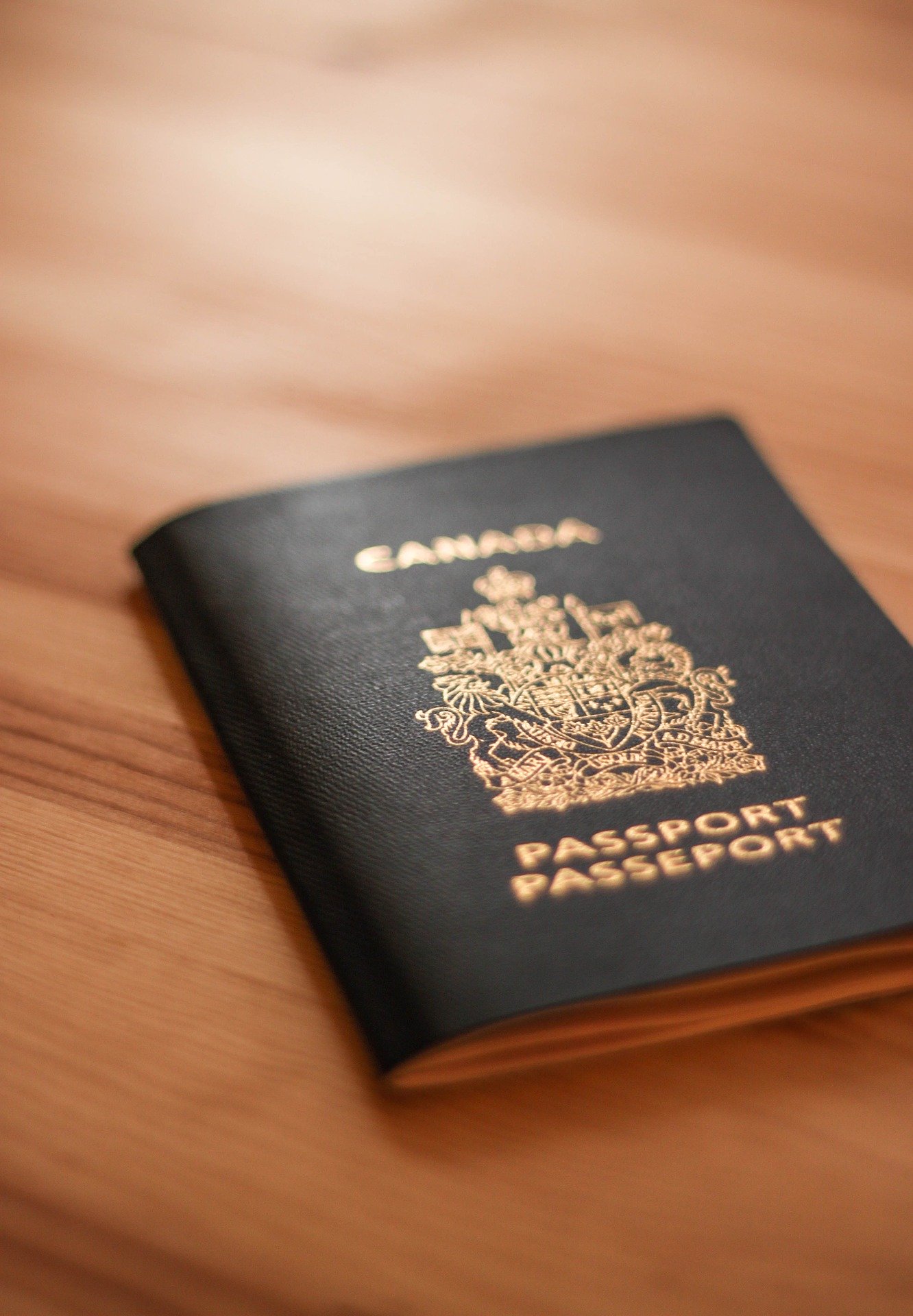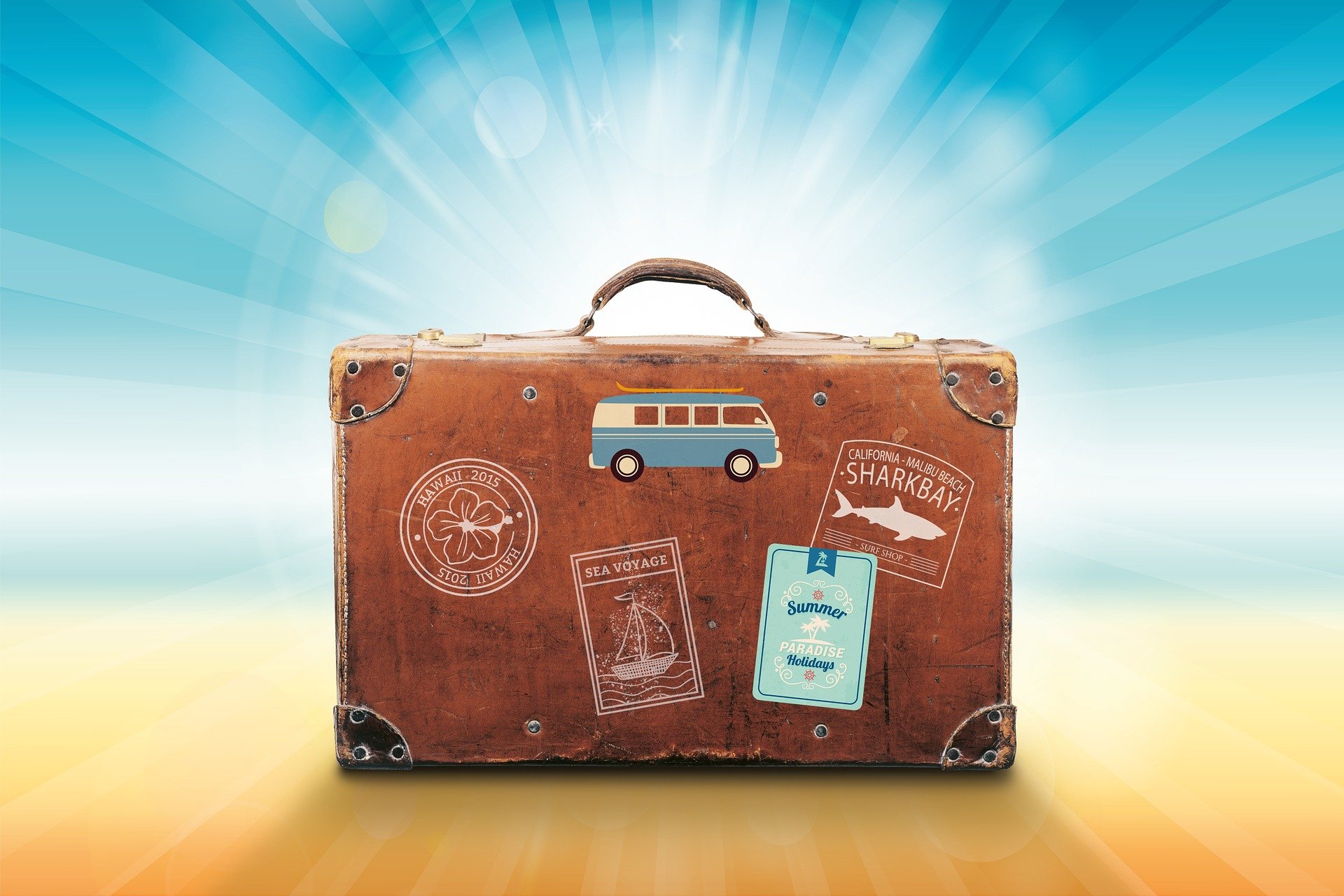Whether you are off on a weekend away or travelling overseas, there are five important things you should never travel without.
-
-
Government Issued ID
-
Government-issued identification is not only required at airports, but you also need it to check into hotels and prove your age at some establishments. Depending on where you travel, you may need identification from your home country, as well as a document from your destination (like a travel visa). You may need more than one piece of ID if you do not have a photo ID. ANd make sure it hasn’t expired! You will be denied boarding on many airlines if your identification is not current.

Image by TookAPic from Pixabay
Before you travel, check the requirements of what you need at the airport to enter the destination country, and to secure accommodations. If you don’t have a driver’s license, apply for an ID card.
-
A Contact Back Home
It sounds romantic to dash off on the spur of the moment to a far-flung destination without anyone knowing where you are, but the reality is much different. Situations change in an instant – politics can shift, natural disasters can happen, and sadly, we must also consider acts of terrorism both domestic and abroad. There is also the chance that you could become injured or hospitalized while travelling.
Ensure a trusted friend or family member has a copy of your itinerary and a rough idea of where you should be on any given day. This person should also have the address and number of your accommodations, along with instructions on what to do and whom to contact should you fail to be in communication or cannot be reached for a set number of days. Go one step further and register your travels with the Government of Canada so if civil unrest or a natural disaster occurs where you are, or a personal emergency arises at home, the Government can contact you.
-
The Right Currency
It’s simple, right? Euros in Europe and US Dollars pretty much anywhere else? Not so fast. Not every country in Europe accepts the Euro, and some places, like cabs or outdoor food stalls, may not accept credit cards.
You need both dollars and cents/sense when it comes to foreign currency. Check ahead of time as to what currency you will need and carry small bills and change (for safety purposes). Credit cards are wonderful tools to avoid carrying large sums of cash, but you’ll still need some local cash on hand. Take care of this in advance to avoid exorbitant exchange fees or the embarrassment of trying to come up with cash after you’ve already eaten your meal.
-
Travel Insurance/Trip Interruption Insurance
You won’t save any money by skipping on the insurance. From vehicle accidents to medical emergencies to situations at home that cut your trip short, not having insurance can ruin you financially. Travel insurance, on the other hand, is pennies on the dollar and even if you don’t (hopefully) end up using it, it is well worth the peace of mind.
-
Cultural Respect
This is not a minor thing; your attitude as a tourist affects how you and the people around you enjoy the trip. Customs vary around the world. As a tourist, you must respect those differences. If you find that some of the practices or expectations don’t align with your views to the point where you are unwilling to compromise, then simply do not travel to that area.
Some countries expect tourists to dress modestly or cover up when entering sites of religious importance. No country wants tourists to climb on or desecrate important artifacts and yes this includes you, Instagram influencers! In some cultures, tipping for services is expected. In others, it is considered offensive. Some cultures value eye contact and firm handshakes. In some places, direct eye contact is rude or hostile.
Know before you go. Out of respect for the place you are visiting, gain a basic understanding of what is culturally acceptable.
Bonus Tip
If you are travelling alone with a child, or if you are a single parent, you need a consent letter, and may also need other documents that prove you have the knowledge and permission from the estranged spouse to be travelling with the child.
Travel enriches your life in so many ways; being prepared for the experience beforehand means better memories and safer journeys for all.





